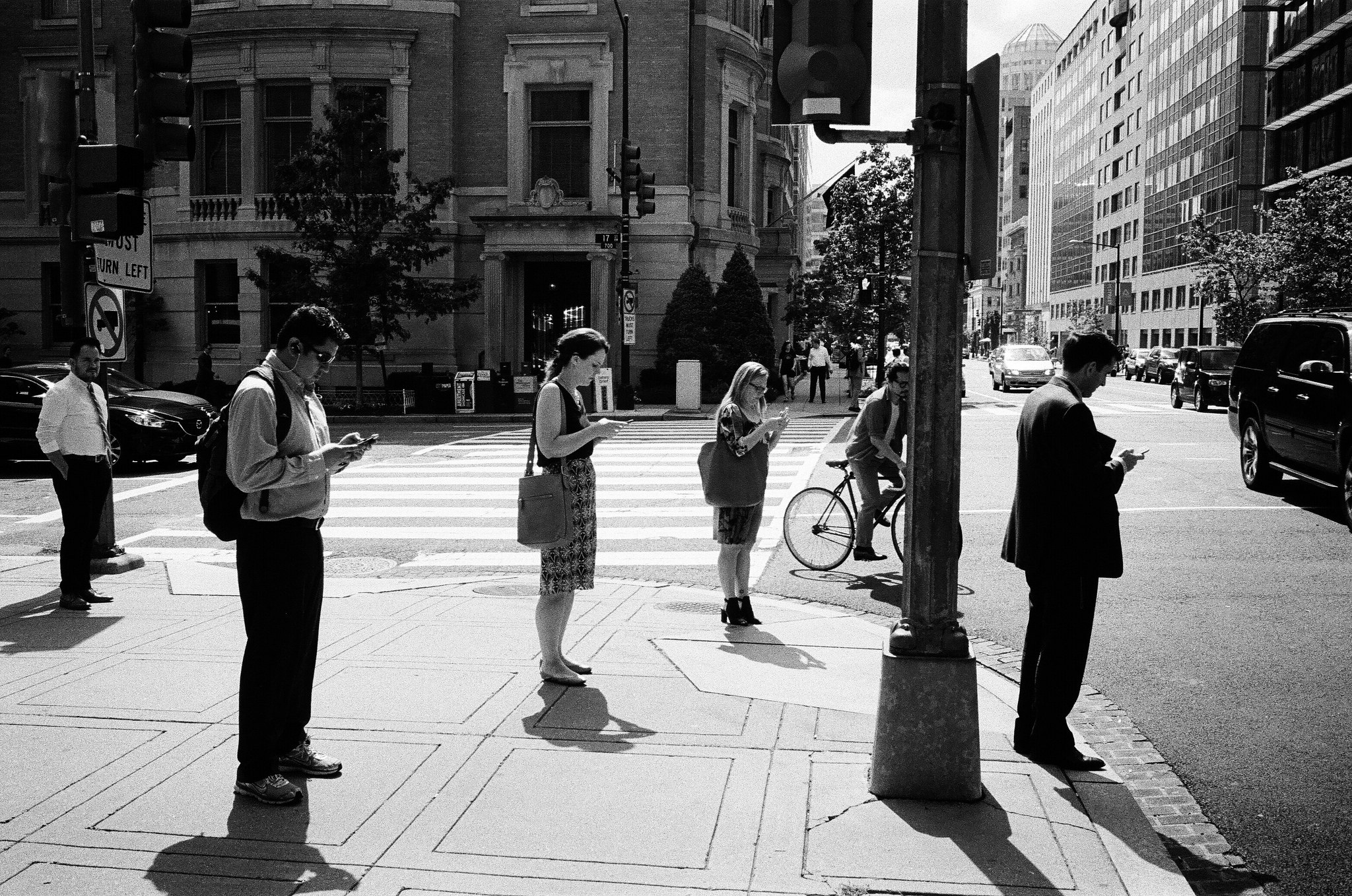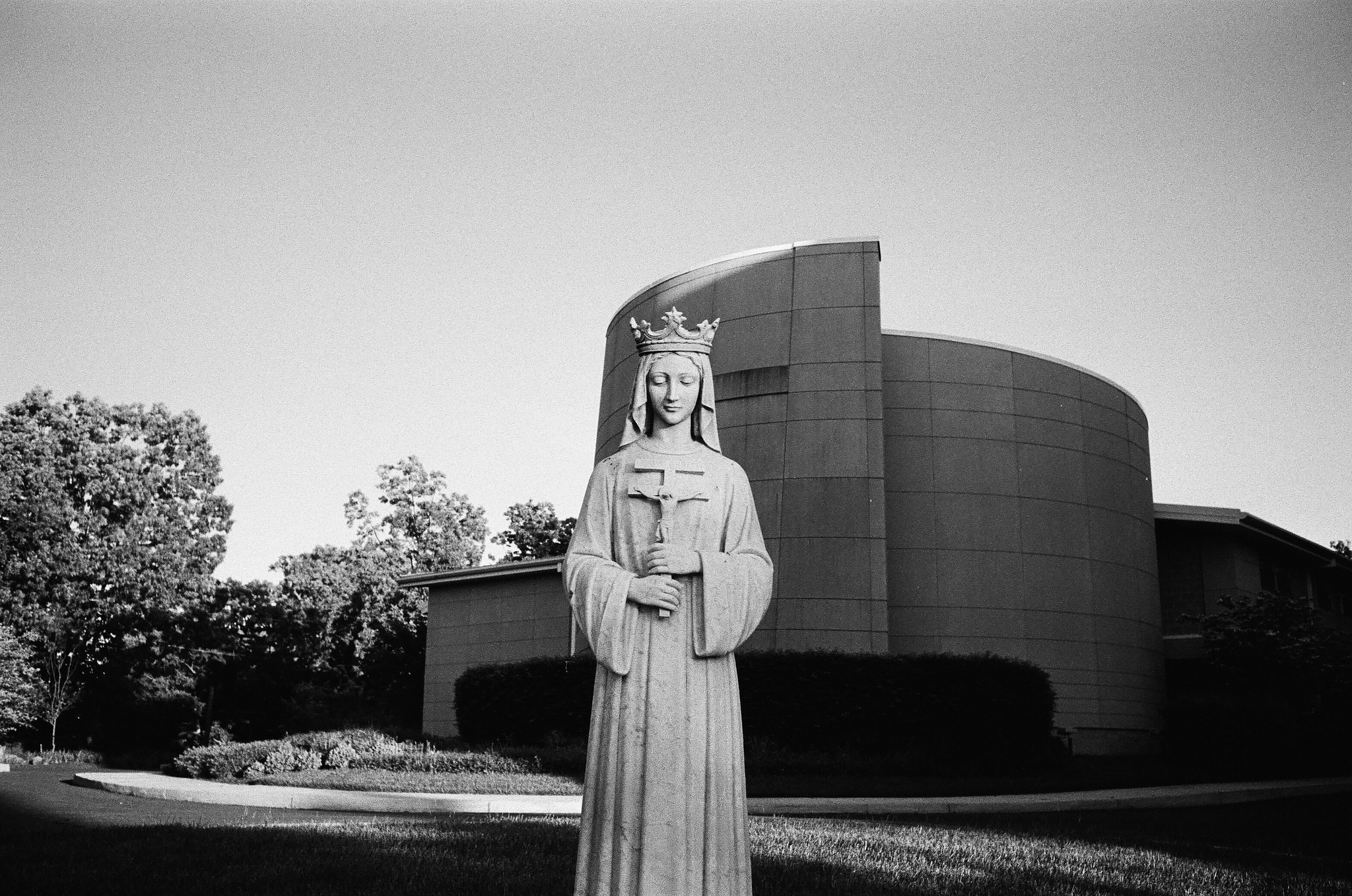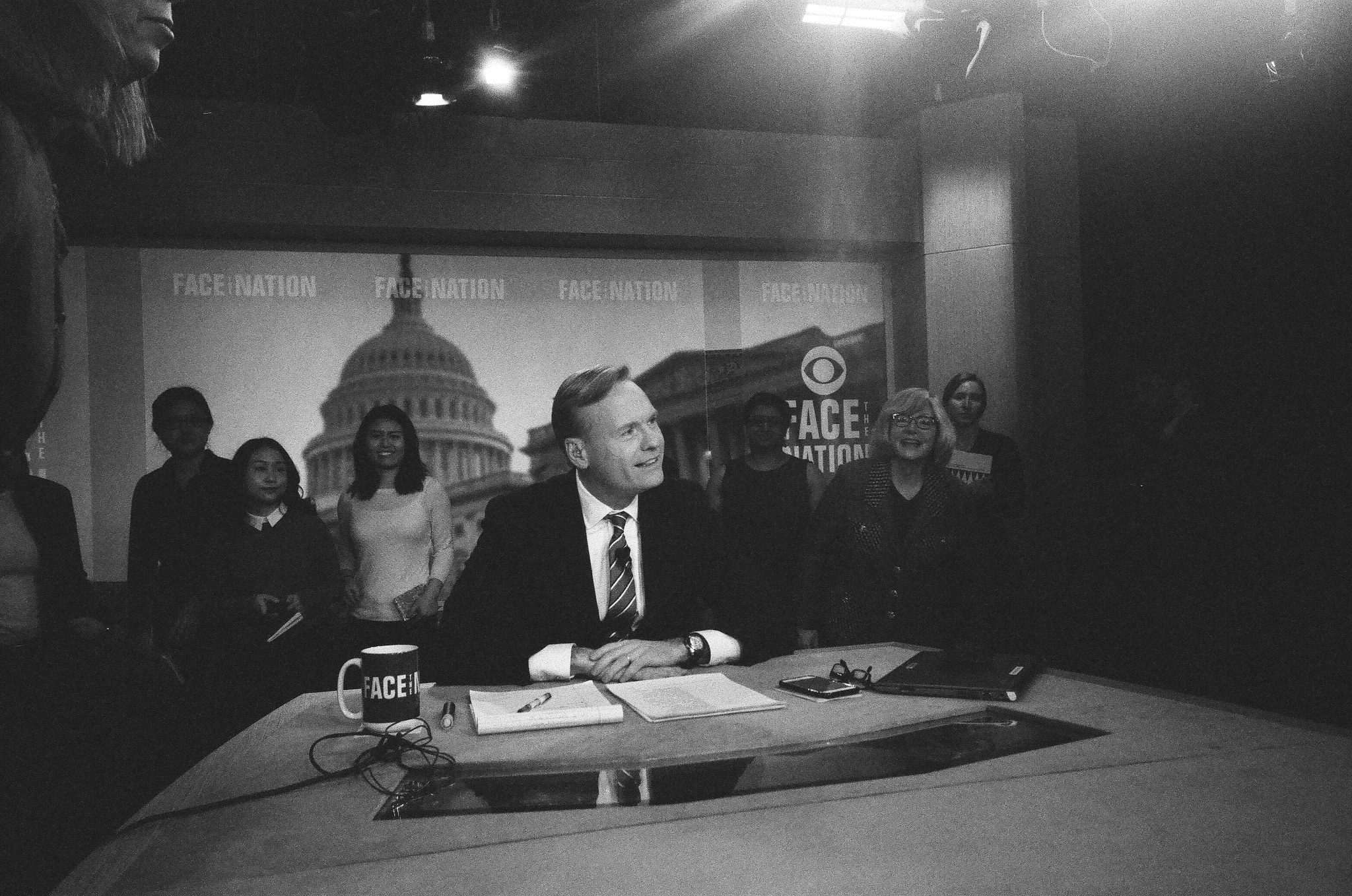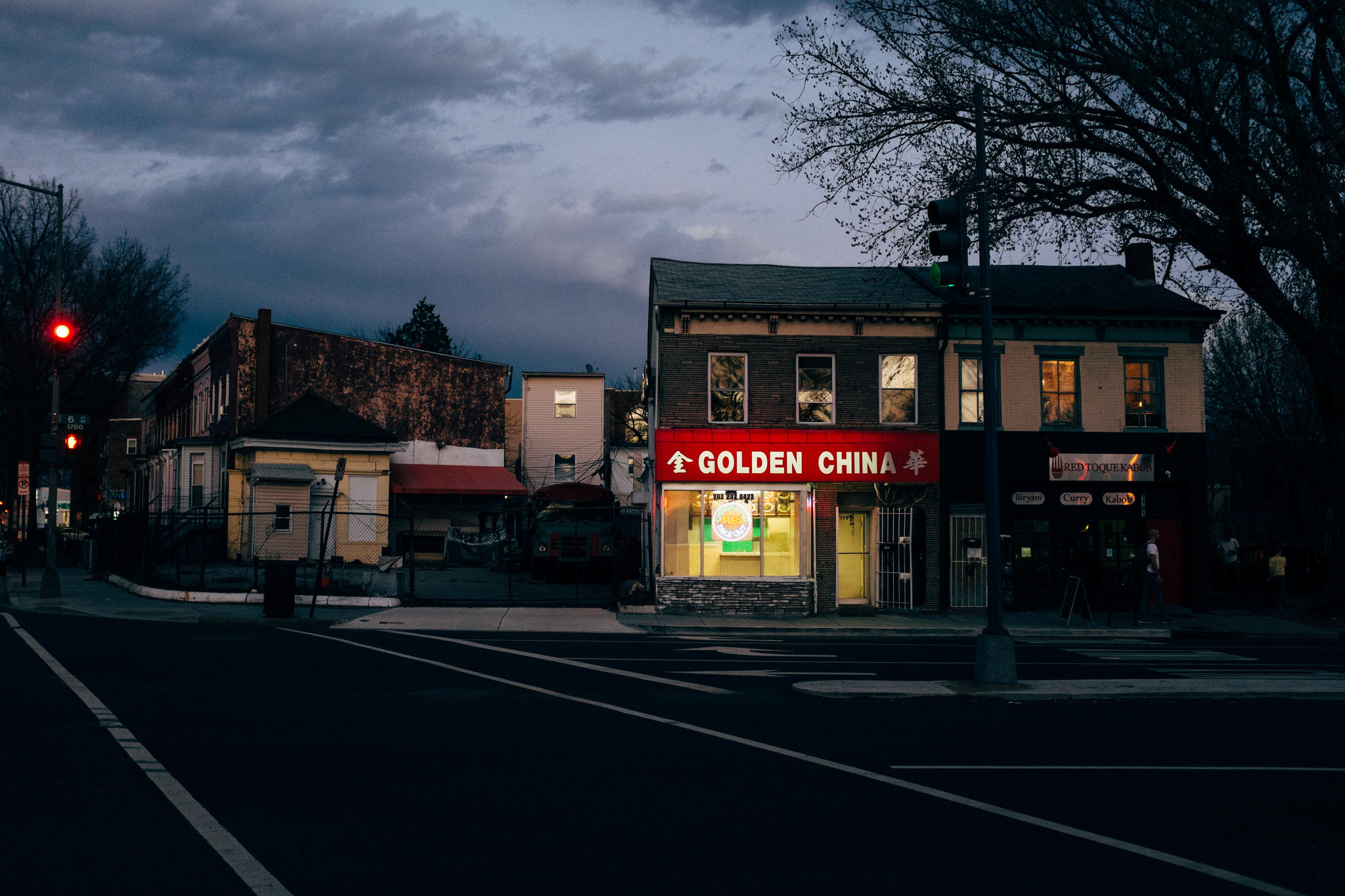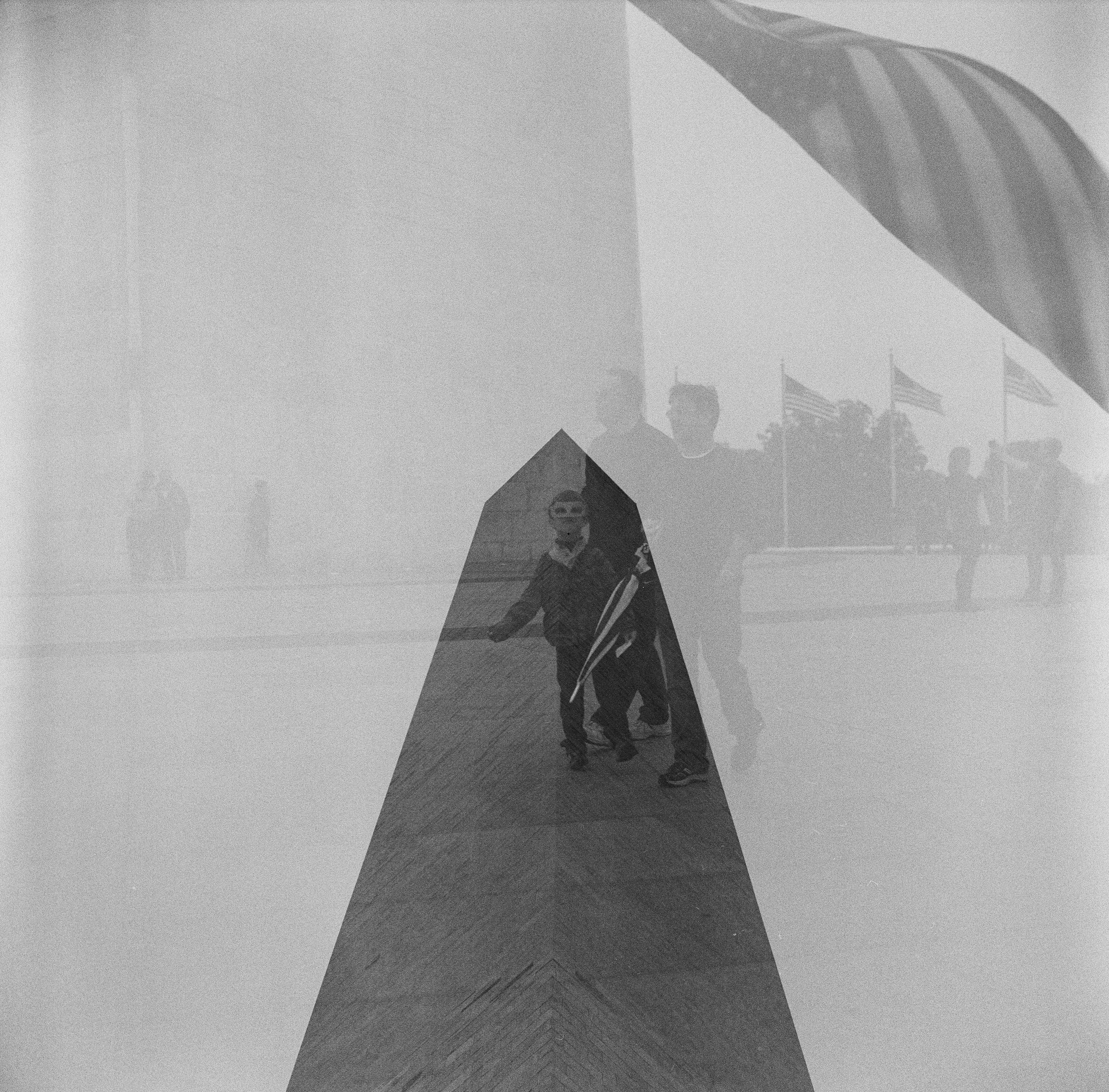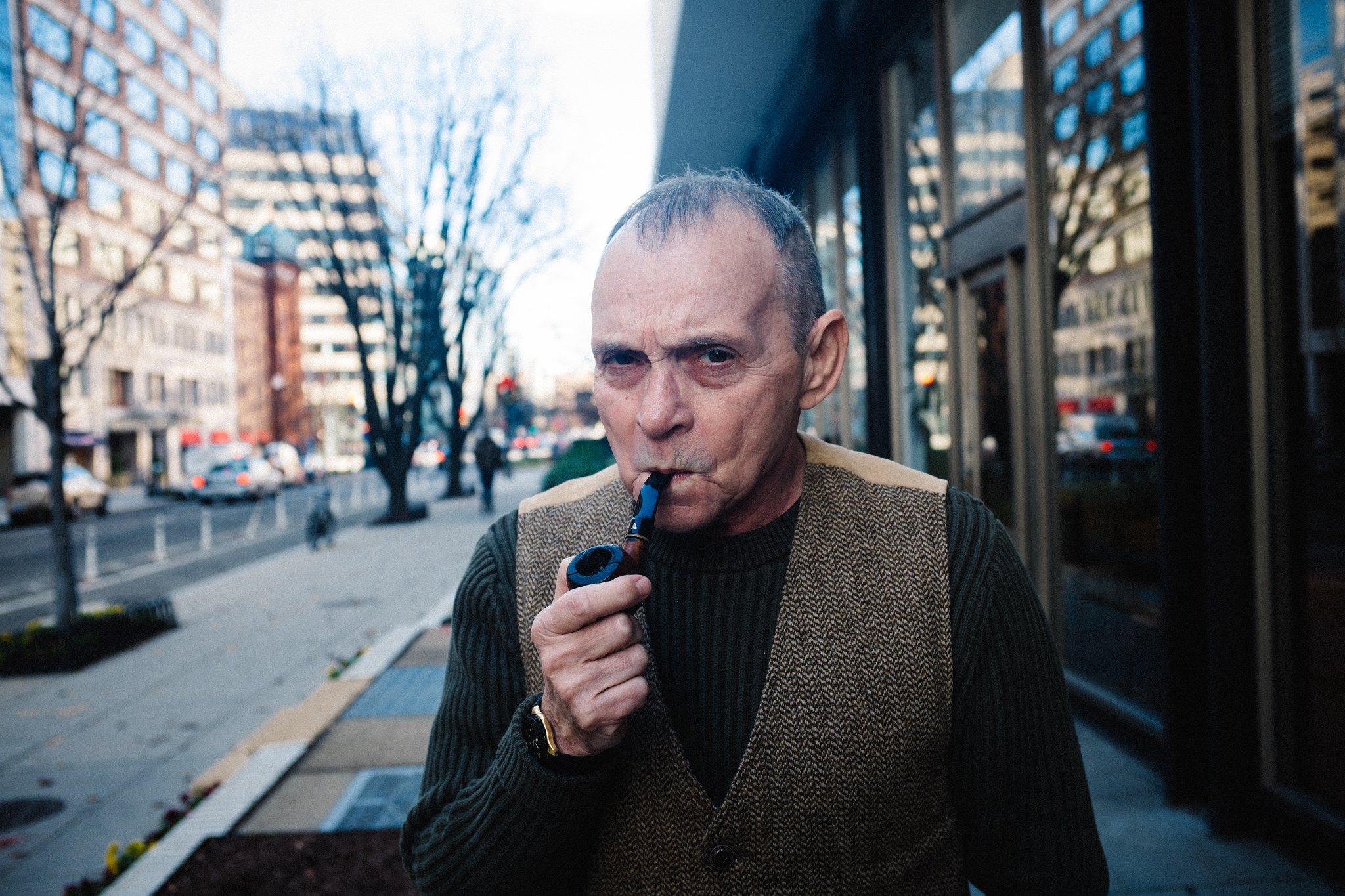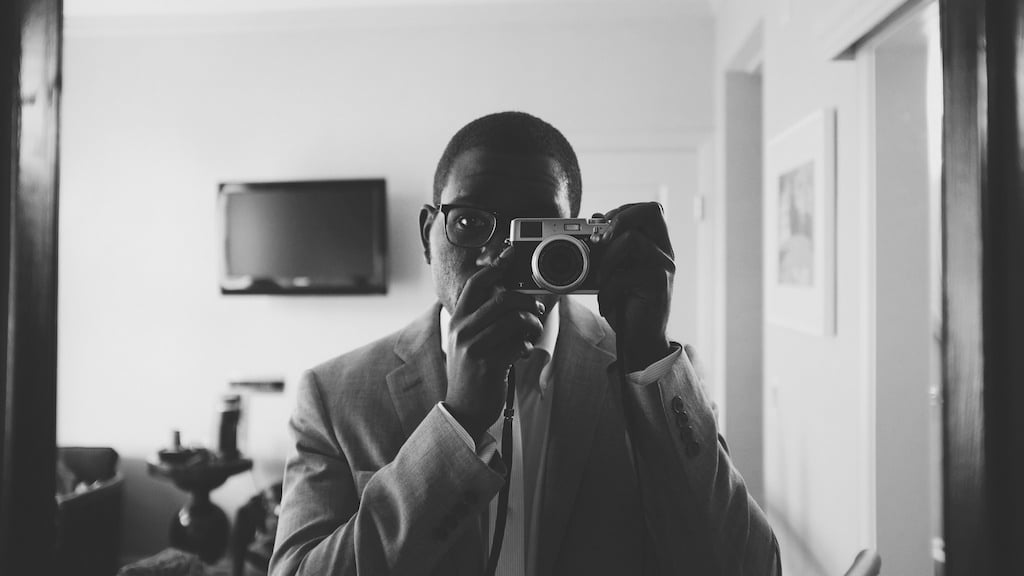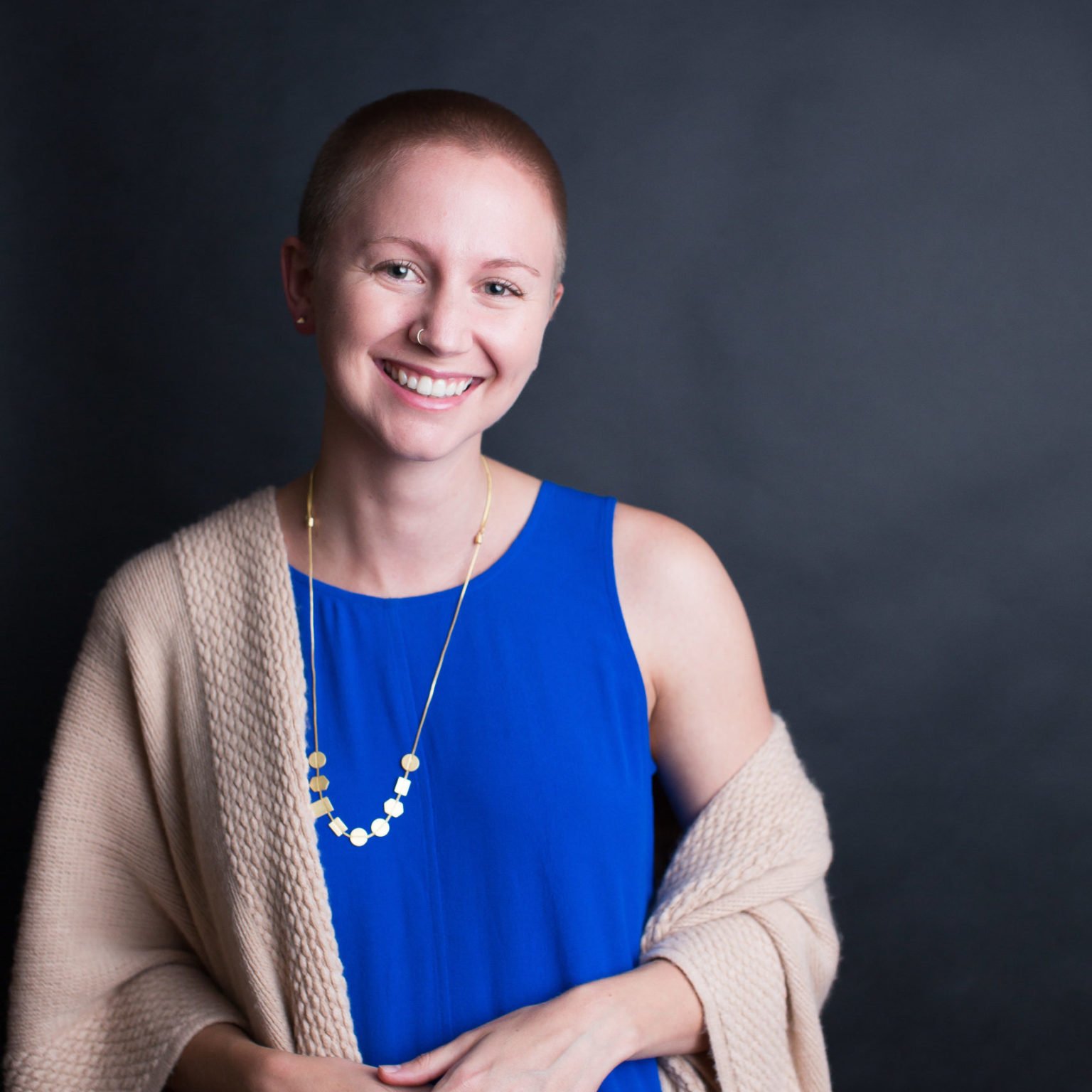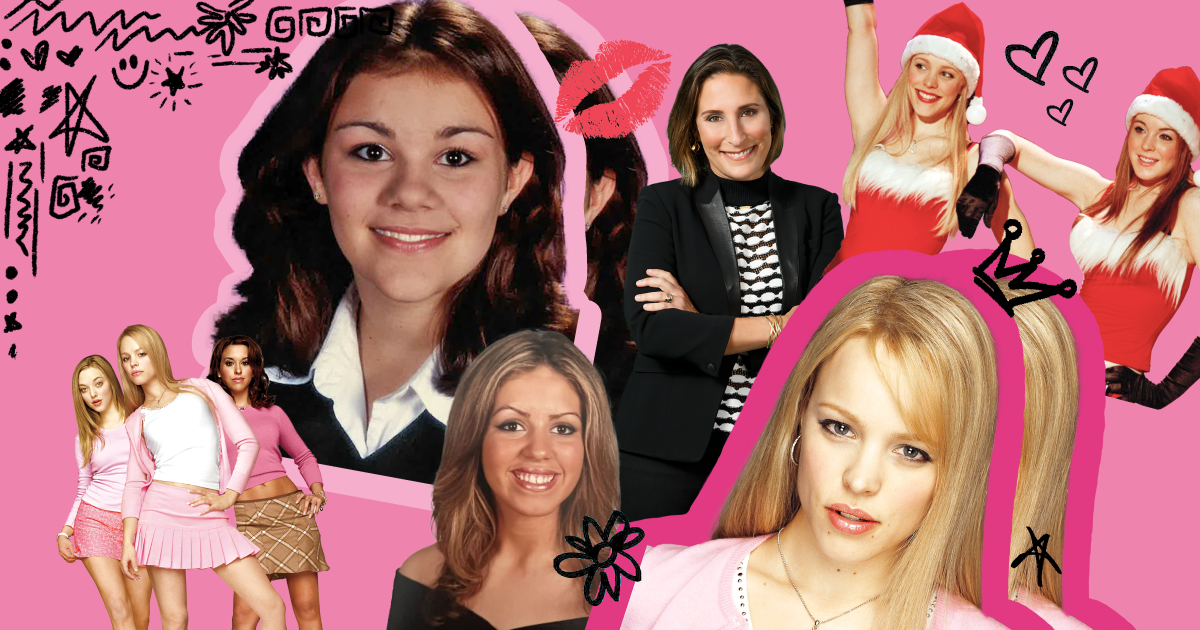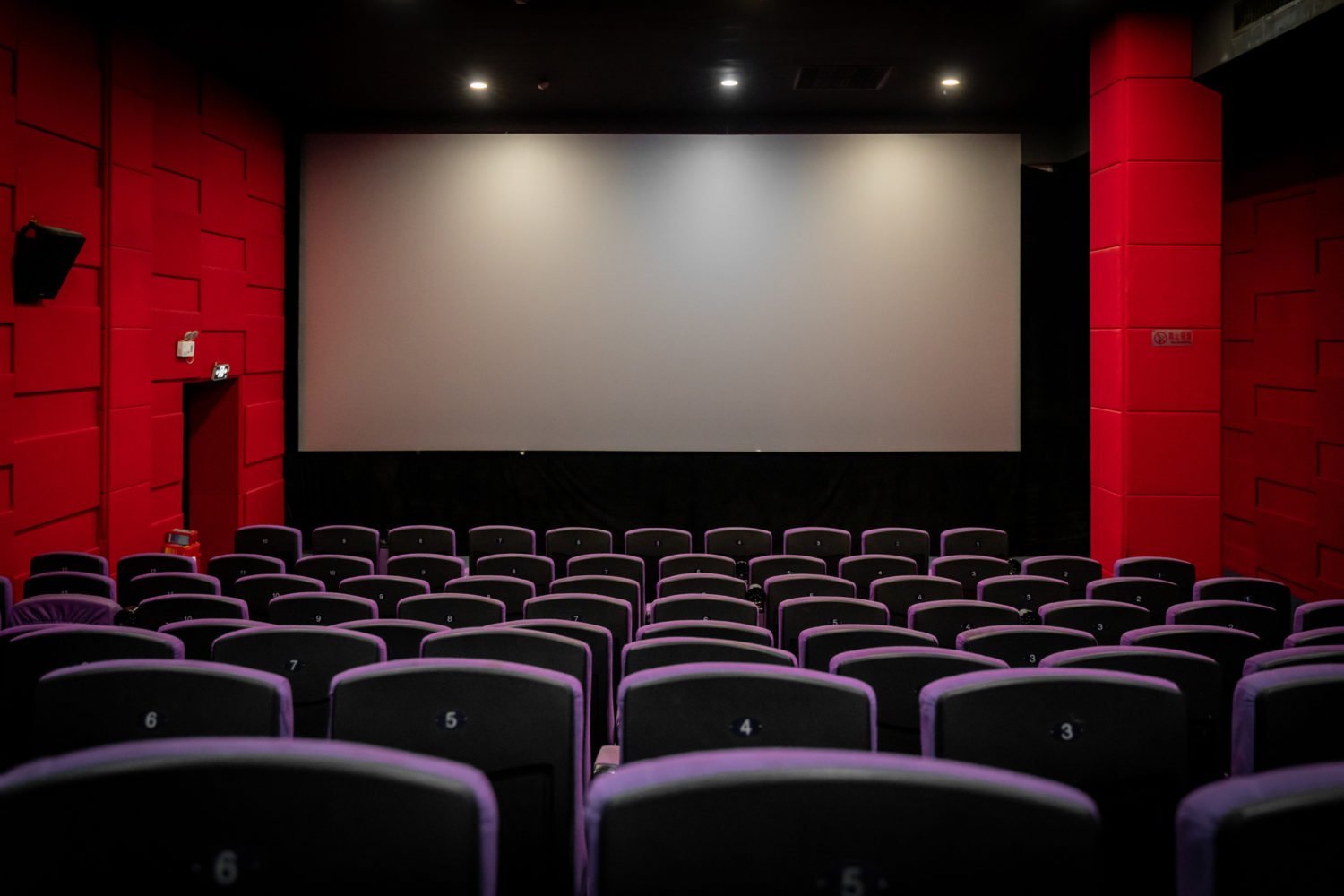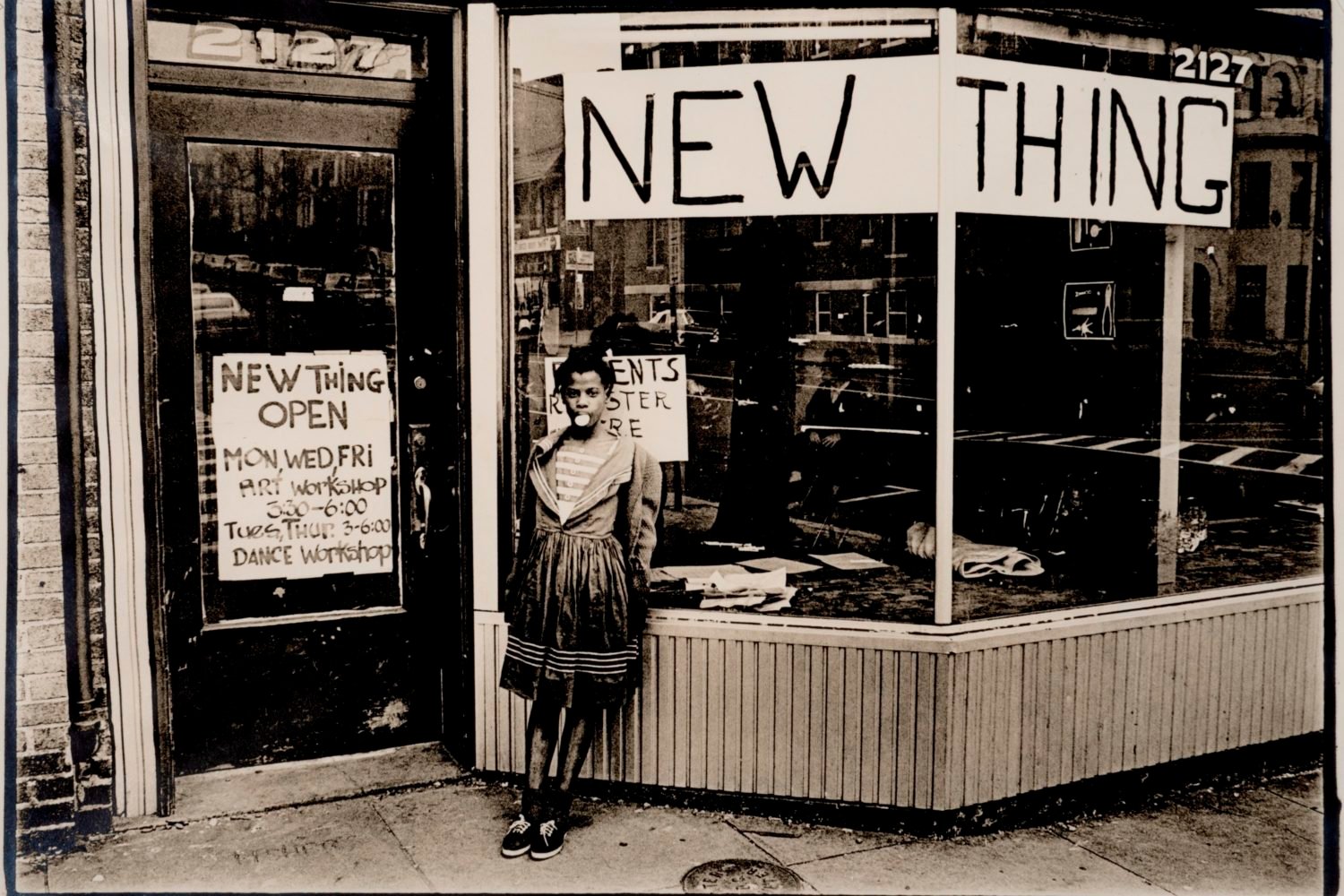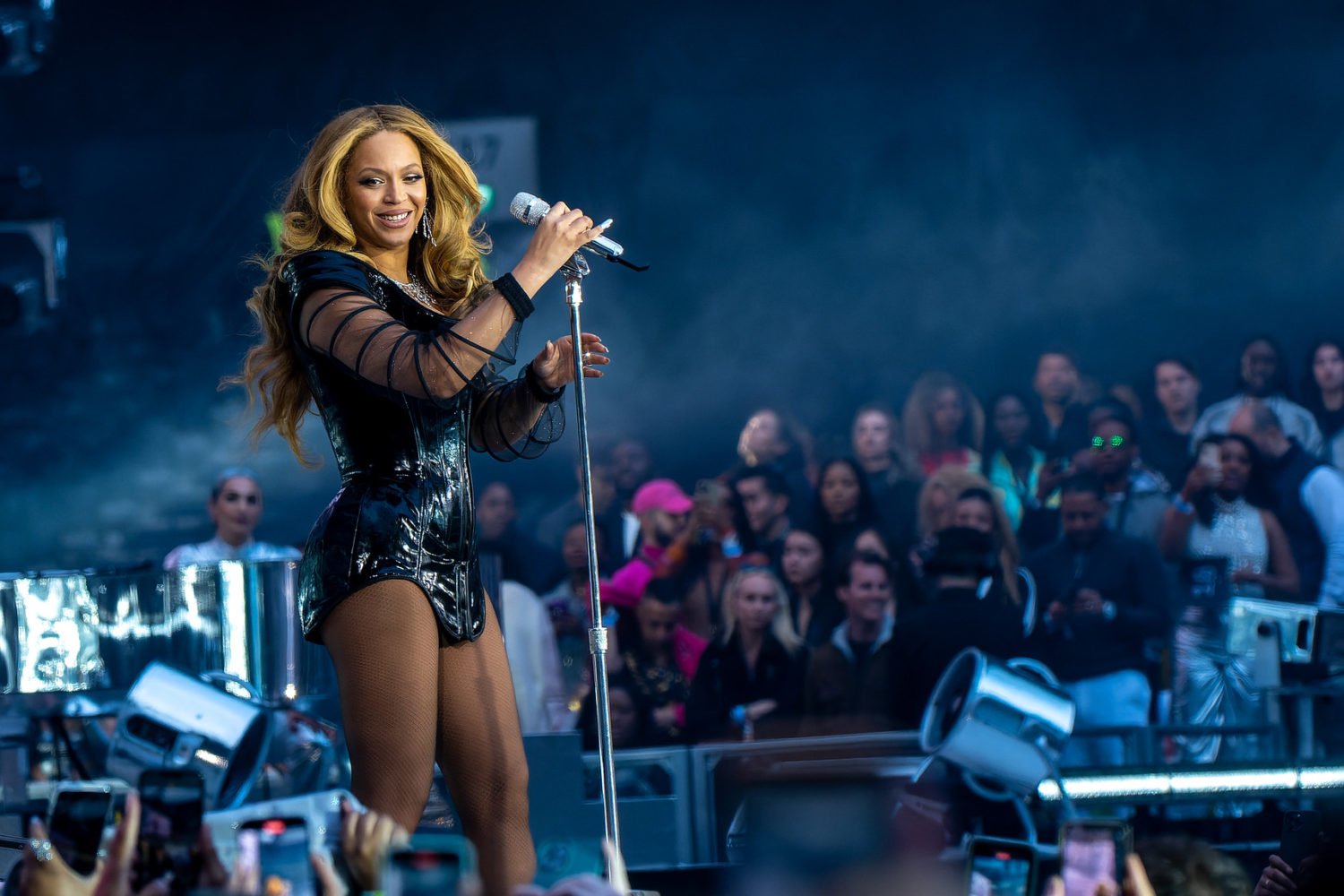When he’s not analyzing the racial and historical implications of Donald Trump’s presidency for Slate and CBS News, political writer Jamelle Bouie takes pictures. Almost daily, Bouie walks around DC with one of his 35-millimeter or medium format cameras and takes snapshots of things that catch his eye: an interesting shadow on a brutalist building, a rusty car, the monuments at dusk. He’s a documentary-style street photographer, focusing on urban landscapes and city dwellers.
Bouie got into photography because he enjoyed it, but he also uses it as a way to escape the daily grind of political writing. We asked him about why he shoots on film and the ways in which the medium influences his writing style. All of the following photos were taken in DC.
What do you like about shooting in film?
I like that there are limits. The thing about digital is that you can pretty much shoot any kind of condition—you can shoot as many things as you want or need. There’s nothing to make you slow down if you don’t want to, but with film, if you’re shooting 35mm, then you have a hard number of exposures—it’s 36. Those limitations, in addition to the limitations of light sensitivity and the dynamic range of the film and all of these things, make you think a little harder about what you’re doing and the image you’re trying to make.
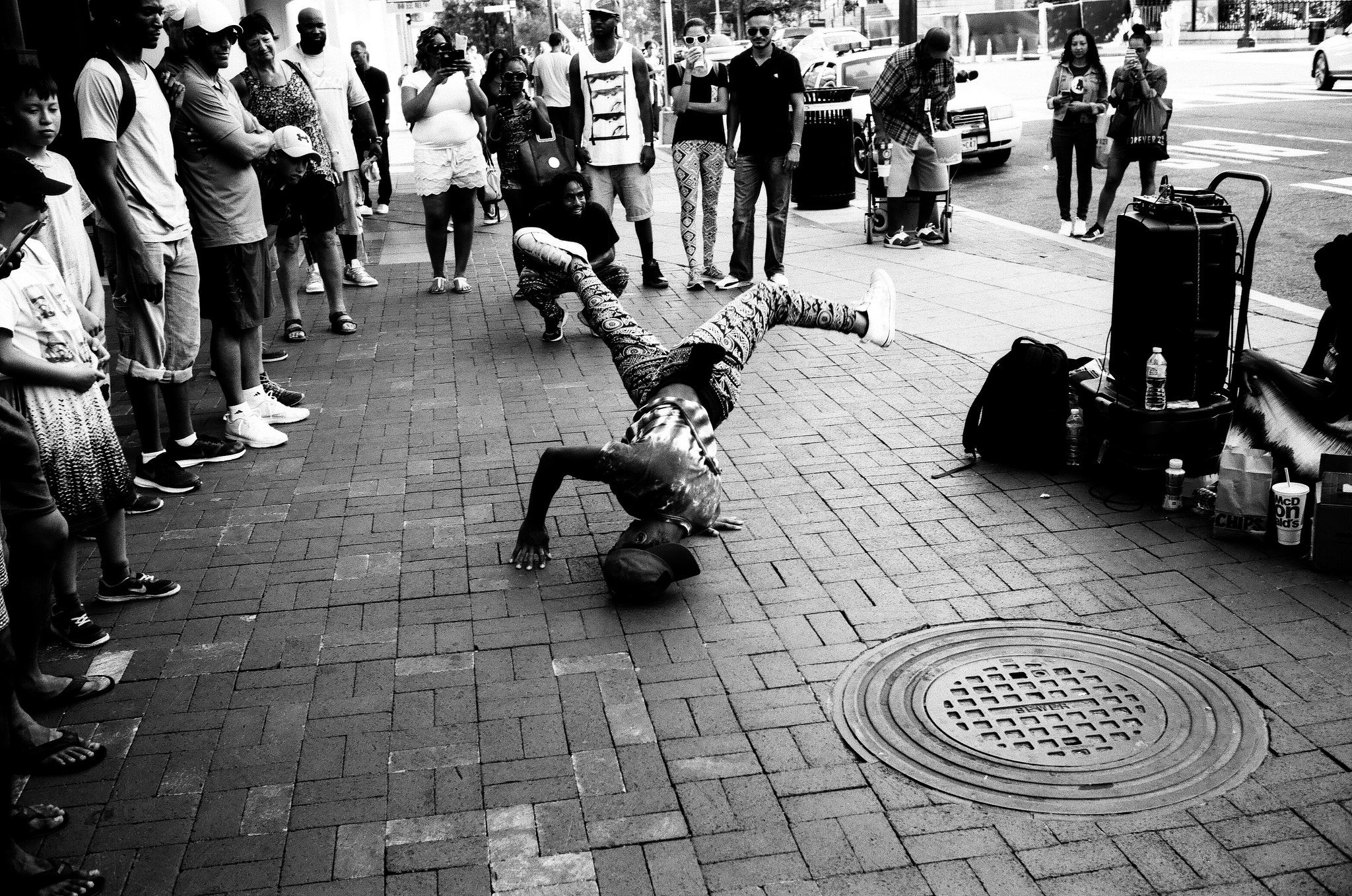
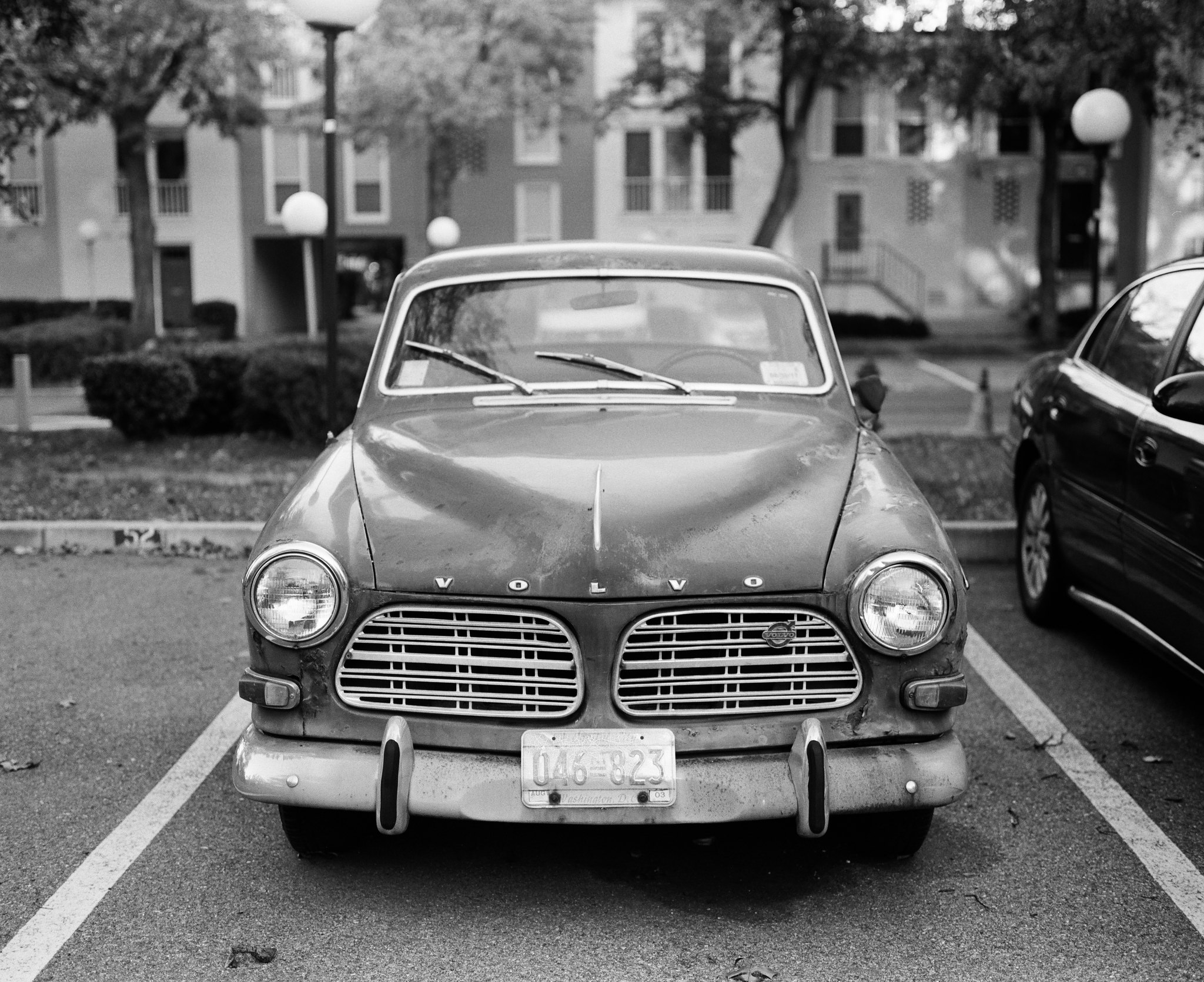
So when you started to get into photography about eight years ago and then started working in journalism, did you ever consider being a photojournalist or did you always see it as a hobby?
I think always viewed it as a hobby. I got into journalism through writing, primarily. So even when I took photos when I was reporting, I never thought of photography as the reason I’m doing this. I’m very much a writer at heart. And that’s still true now, except that in an odd way, my writing has really begun to influence my photography. While it’s still just a serious hobby at this point, I do try to maintain a documentary perspective. First using focal length for lenses that reflect human vision—so nothing too wide or narrow. I don’t do much post-production: whether digital manipulation or with my film negatives trying to not touch up the scan too much. And then I shoot in black and white, and I find that black and white in a weird way corresponds more to reality. I don’t know if that makes any sense, but I find that grayscale photography in addition to making you focus on the subject of the photo, also removes all the color and things that are distracting. For me, it’s a more accurate sense of the scene.
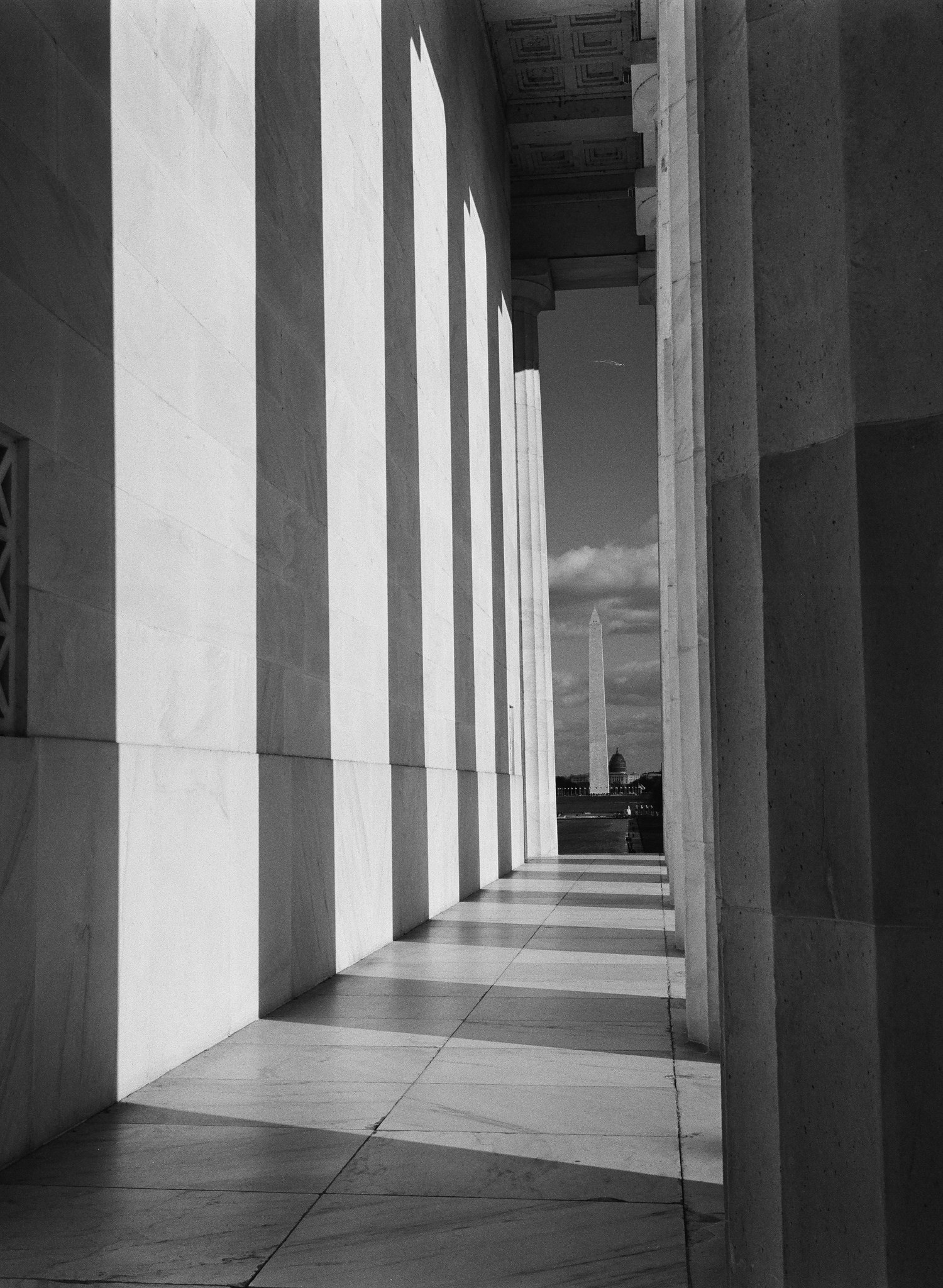
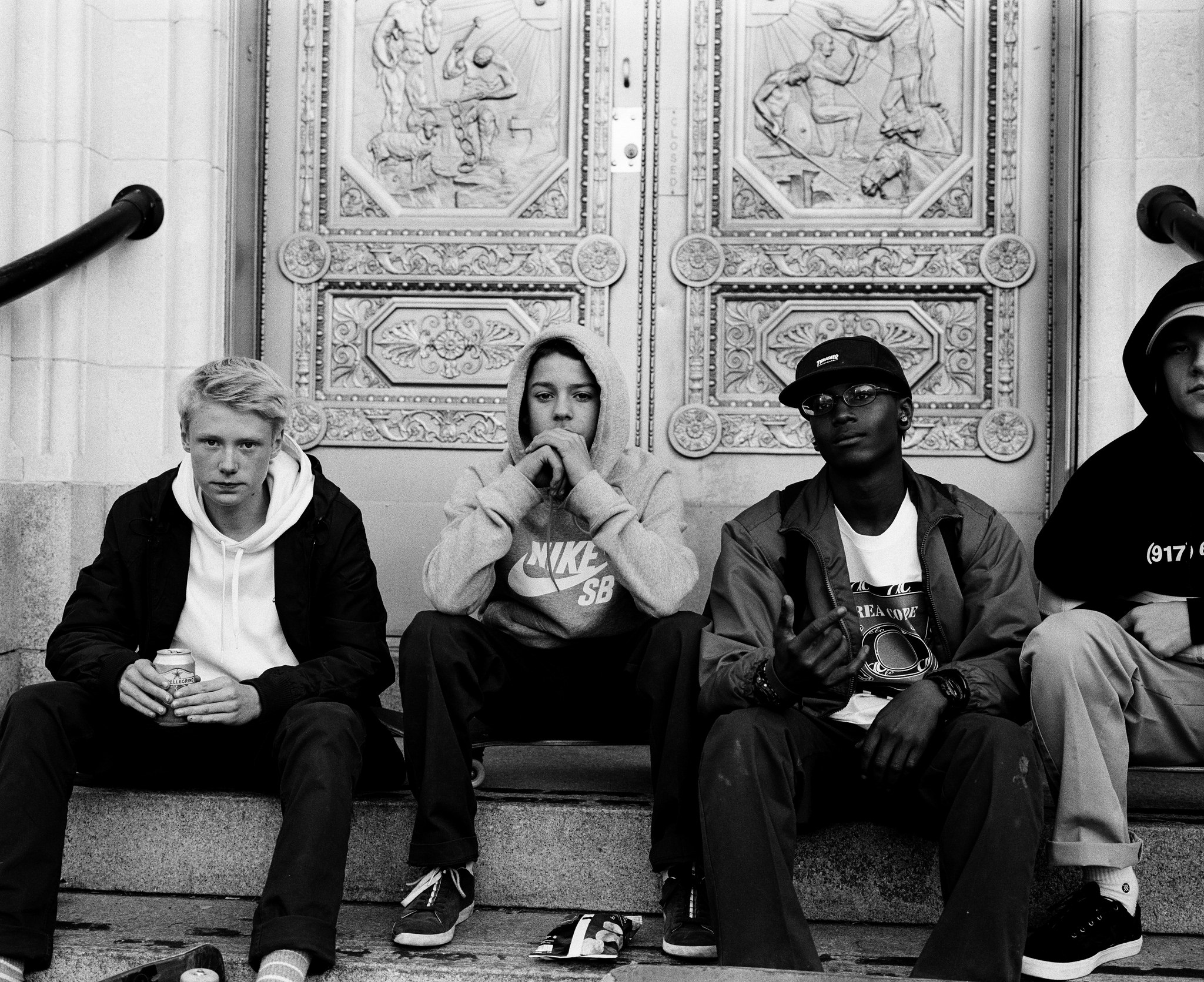
Can you talk specifically about some of the ways your writing has influenced your photography?
I’ve been in journalism for almost seven years now, and over those seven years my writing style has become…I focus more on precision and clarity and explaining things, identifying things. Even though I’m an opinion journalist, trying not to do too much editorializing and trying to focus on describing the specific situation or the idea. In the same way, in my photography, I’ve moved more toward precision and trying to have good framing composition—focusing on very strong points of interest. Again maintaining this—not objective view—but human-sized, undistorted view. A clear-eyed view of subjects, of scenes. For me I think that my writerly voice is translated to a photographic eye.
I’d imagine it could go both ways, too. Like when you talk about film and its limits and thinking about framing before you take the picture. Do you think that bleeds into some of your writing?
I think so. Some of the discipline that it imposes and that film really tries to help you avoid superfluous things. Likewise with my writing, I’ve become much more ruthless about knocking things out and cutting things out and streamlining ideas and stories for the sake of clarity.
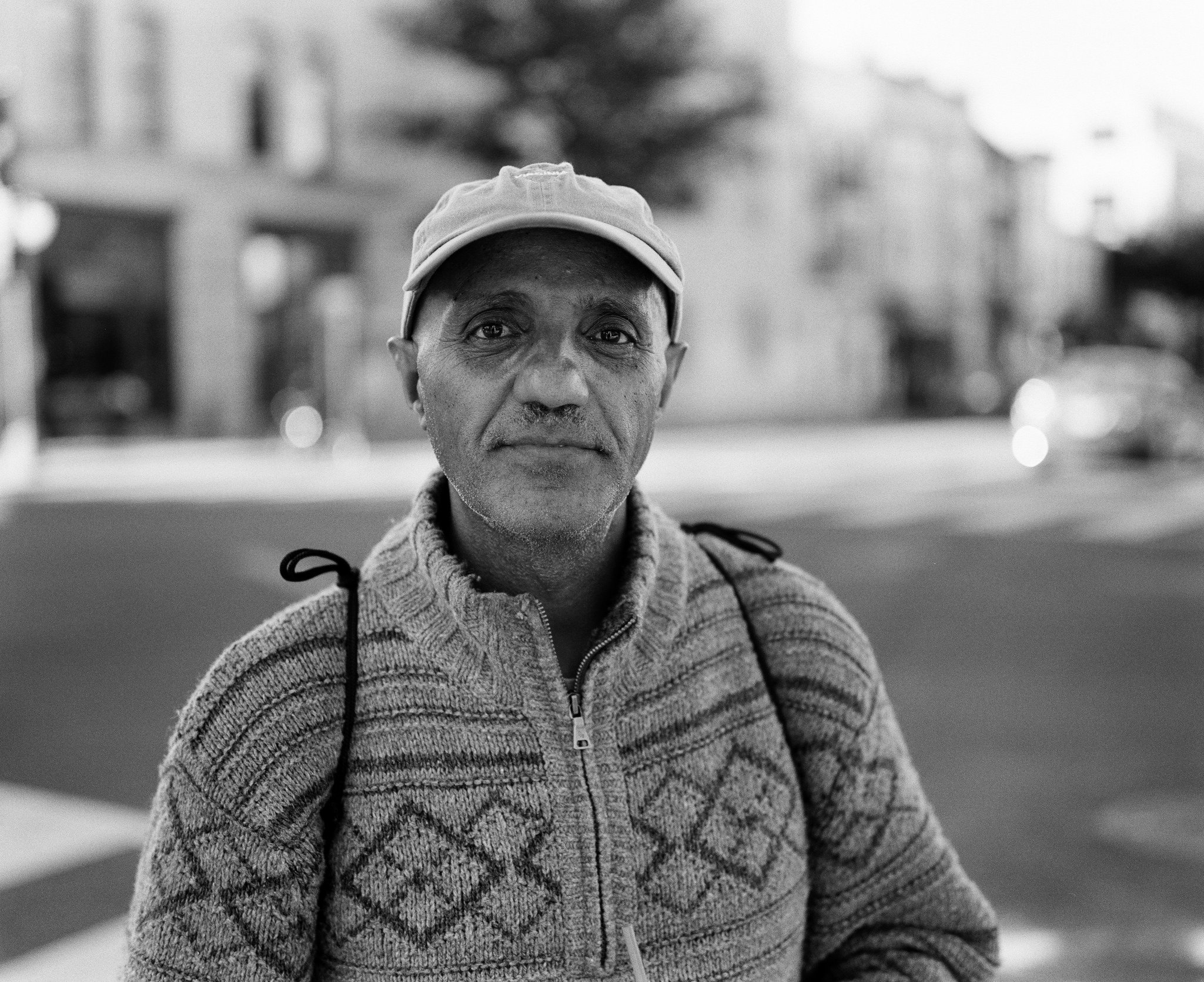
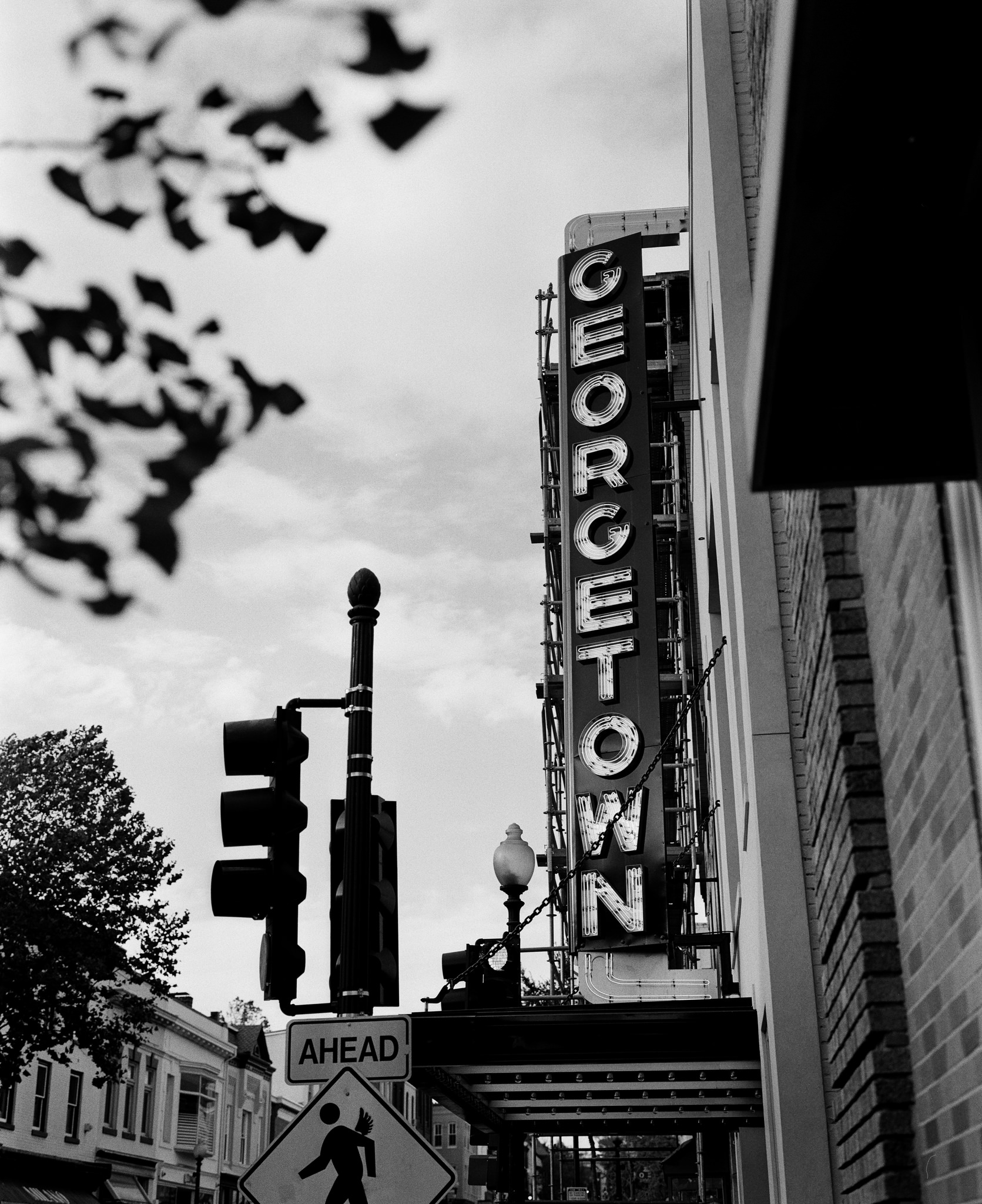
Do you feel like your relationship with the city is different because you photograph it?
I think what it’s done is anything is really made me explore more of the city and not just retreat to my corner of Northwest but to go everywhere. Just because I want to take pictures of the whole city. And so I’m always looking for a part of the city where I haven’t spent lots of time in or if I have spent lots of time in it, looking for different ways to photograph it and trying to bring a different eye to something. I live off of North Capitol in Northwest, so from there to downtown was where I roamed with my camera, but now sometimes I bike over to Ivy City and see what the light’s doing on the buildings that afternoon, or take the metro to Anacostia and walk around and see what’s interesting. I explore more—see more of the city instead of my little chunk.
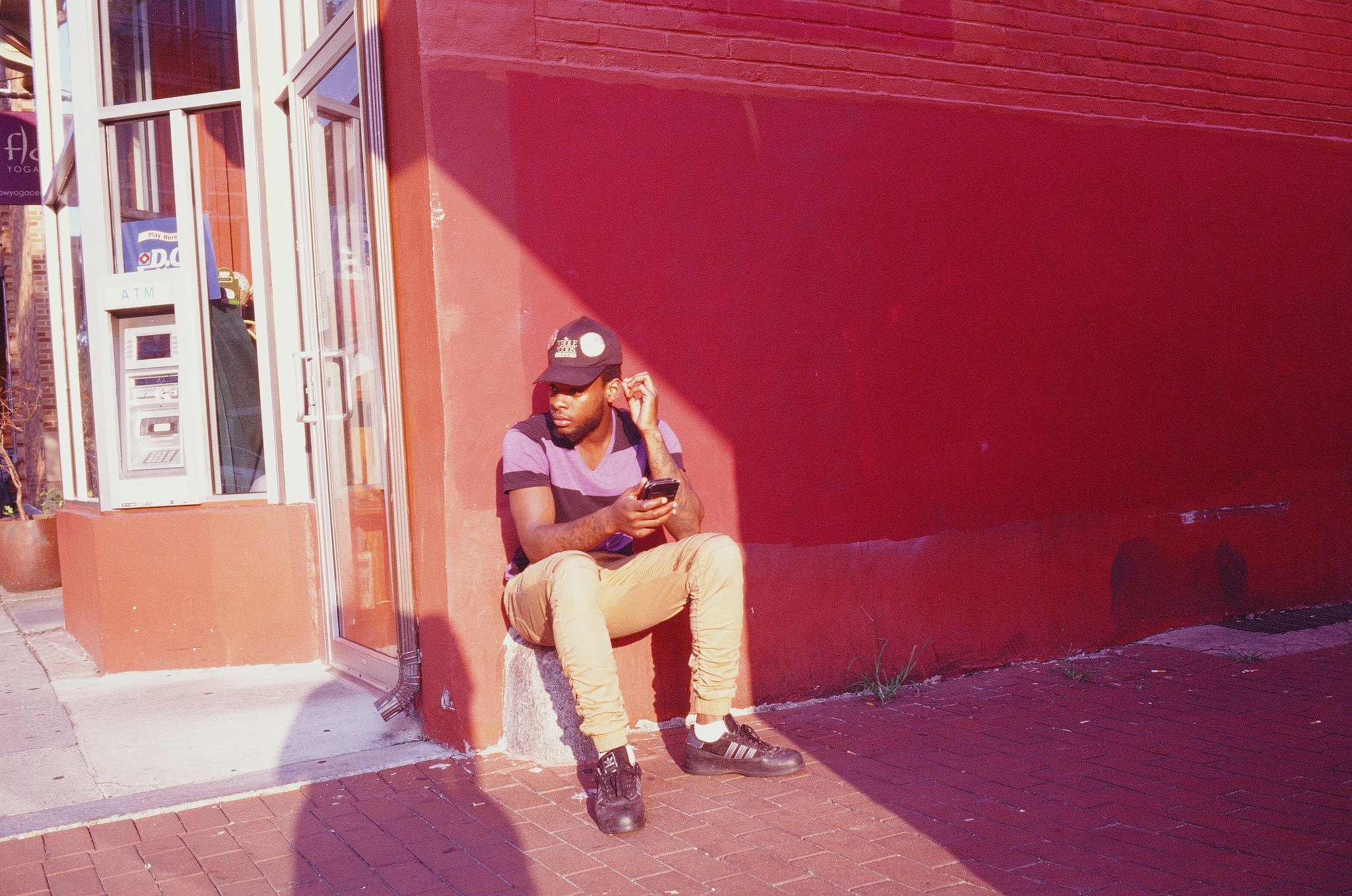
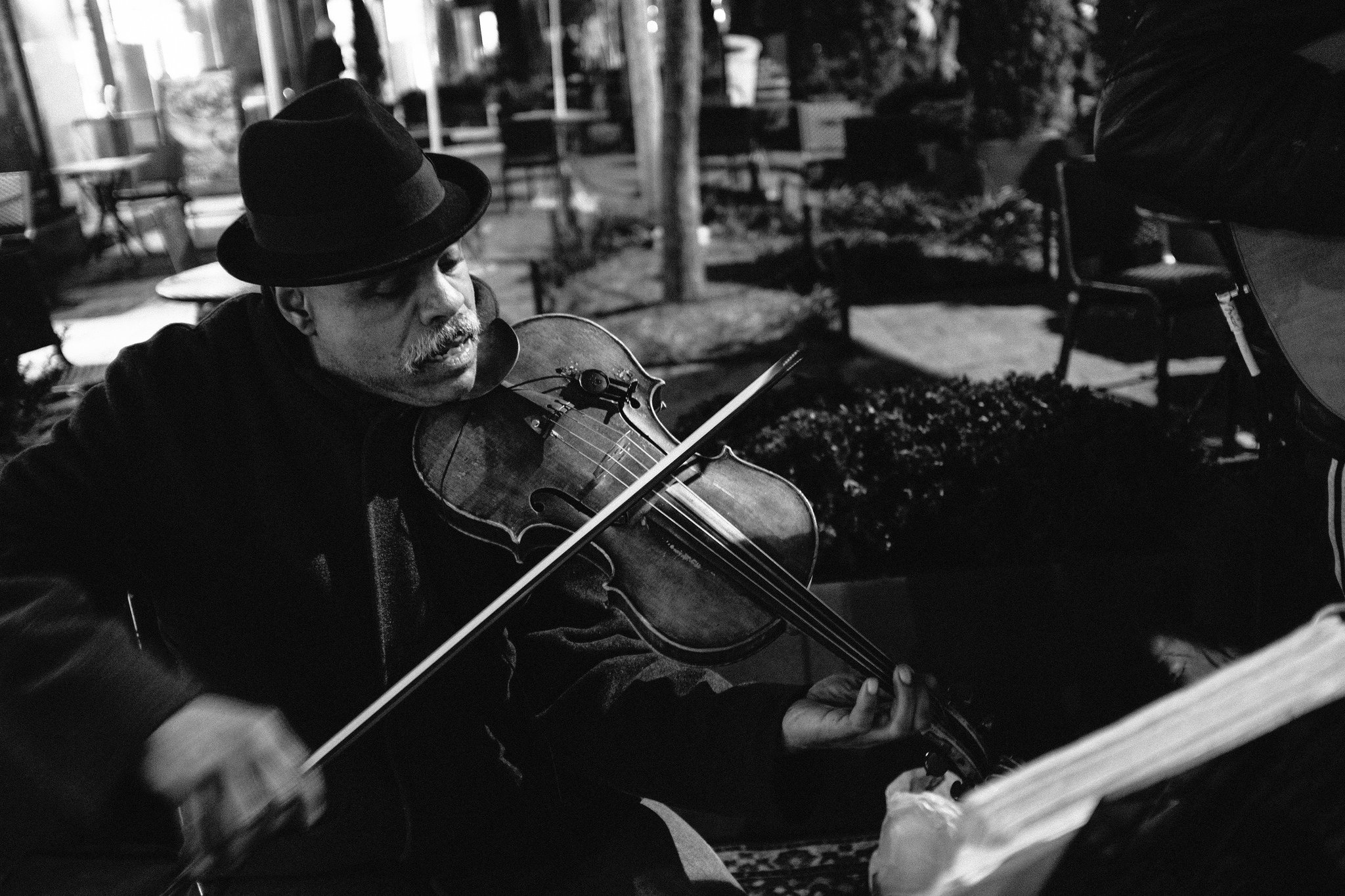
I wonder, too, if you use photography to temporarily escape from thinking and writing about politics?
I do. It’s a way to relax and take my mind off of it. I’ve recently started taking a dark room class. And I’ve been spending some time in the dark room, and that’s really relaxing. That’s a couple hours every week or every other week where I can not really think about politics. Although I’ll say, that even just taking photos around the city‚ especially when they’re of people, I think you are making political decisions. One thing that I try not to do is take pictures of homeless people or visibly low-income people—not because those folks aren’t deserving of photos, but I think they’re deserving of photos that show their full humanity. That’s a political decision—it’s thinking about what message does this image send and what does it say, and I think a lot about that.
Has your use of photography as a sort of form of therapy intensified at all since the election?
I don’t know if it’s intensified, because I’ve always just built it into my life at this point. It’s more that I’ve made sure not to let it fall by, because it’s really easy in the heat of moments like this to sort of only focus on work, so I’ve tried to make a deliberate decision to give myself time every day to take pictures, and I will continue to do that.
To see more of Bouie’s work, follow him on Instagram.
